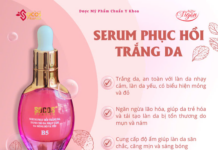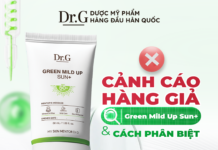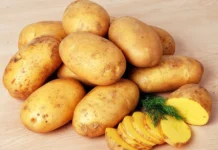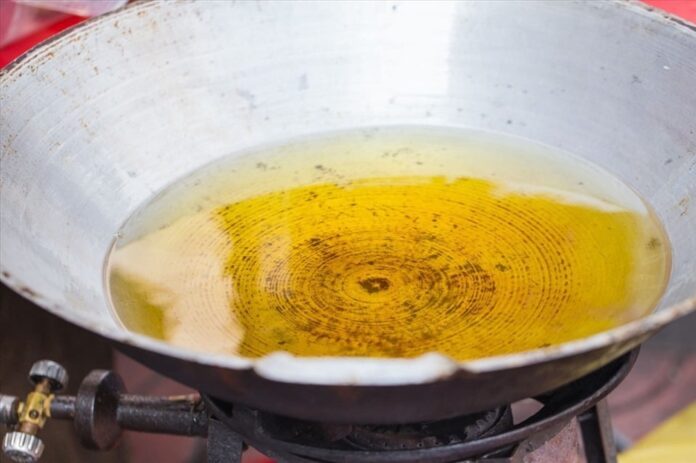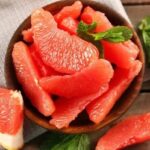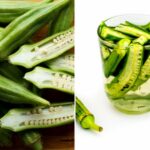Fats are essential nutrients that provide energy and vital fatty acids to the body. However, excessive use of oil in food preparation can silently lead to serious health issues such as obesity, high blood fat, atherosclerosis, type 2 diabetes, and cardiovascular diseases.
Oil: Necessary but Use in Moderation
Fat (triglycerides) serve as an important energy source while providing essential fatty acids such as alpha-linolenic (n-3) and linoleic (n-6), which the body cannot synthesize on its own but are crucial for various life activities.
According to recommendations, fat intake should account for about 20-30% of daily energy intake. However, the 2020 China Nutrition and Chronic Disease report showed that this figure reached 34.6% among Chinese people, exceeding the permissible limit and posing potential health risks.
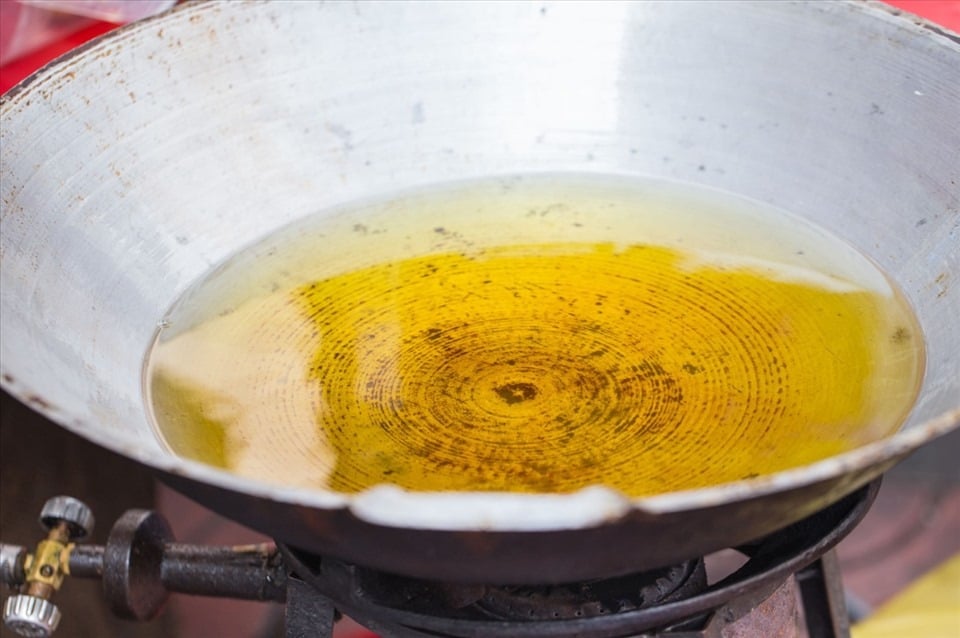
Oil, including both vegetable and animal oils, is the primary source of fat in our daily diet. Using too much oil in cooking increases fat consumption, leading to excessive fat energy intake. Especially, regularly consuming oils high in trans fats significantly elevates the risk of cardiovascular diseases.
Recommendations from the 2022 Chinese Nutrition Guide:
Adults: 25-30g of oil/day
Children aged 2-3: 15-20g/day
Children aged 4-10: 20-25g/day
Adolescents aged 11-17: 25-30g/day
4 Scientific Solutions for Oil Control
1. Develop a Lean Diet Habit and Measure Oil When Cooking
Start by determining your daily oil intake and set a goal to reduce it gradually. Use a measuring spoon or a marked oil dispenser to control the amount of oil used in cooking. Prefer methods like steaming and boiling to minimize oil usage.
2. Make Varied and Wise Oil Choices
Different types of oils have varying nutritional profiles. Alternating between oils helps balance the intake of different fatty acids.
Olive oil, tea oil: Rich in monounsaturated fatty acids
Corn oil, sunflower oil: Abundant in linoleic acid
Flaxseed oil: Excellent source of alpha-linolenic acid
When choosing an oil, consider the following:
Clarity: Good oil is usually clear and sediment-free.
Production date: Opt for newer products and avoid oils that have been sitting on shelves for extended periods.
Smell and taste: There should be no strange odors or irritants.
3. Minimize Deep-fried and Oil-rich Foods
When purchasing packaged foods, carefully read the nutritional labels to avoid products high in fat. When dining out or ordering takeout, request less oil and opt for leaner dishes.
4. Steer Clear of Saturated Fats and Animal Fats
In addition to oils, fatty meats and organ meats containing high levels of saturated fat and cholesterol should be consumed in moderation. Limit your red meat intake to a maximum of 500g per week, favoring lean cuts over fatty ones.
Oil is a double-edged sword in the kitchen. Knowing how to use the right amount and choose suitable oils not only enhances the taste of your dishes but also safeguards your family’s long-term health.
7 Types of Fish You Should Buy: Nature’s Superfood, Affordable and Nutritious
Introducing the 7 nutrient-rich wild-caught fish that you need to know about! Uncover the secrets of these aquatic powerhouses and learn how to incorporate them into your daily meals for a healthier, more nutritious diet. It’s time to take your culinary adventures to new depths and reap the benefits of these delicious and nutritious catches.
“Balporo BBae Health Supplement – Your Trusted Companion for a Healthy Figure.”
To maintain a balanced figure, constructing a sensible diet and exercise regimen is imperative. However, not everyone has the luxury of time to dedicate to these ideal routines. Thus, modern women require an additional safe, intelligent, and convenient solution to optimize their journey towards sustainable health and beauty.
“Unlock the Power of Drinking Corn Silk Infusion: 5 Astonishing Benefits for Your Health”
“Tapping into the wonders of nature, we uncover the myriad health benefits of drinking corn silk tea. This humble beverage, a brew crafted from the silky strands of corn, offers a treasure trove of nutrients and antioxidants. From boosting immunity to promoting healthy digestion, corn silk tea is a natural remedy that deserves a spotlight. Join us as we explore the fascinating world of corn silk tea and unlock its health-enhancing secrets.”

